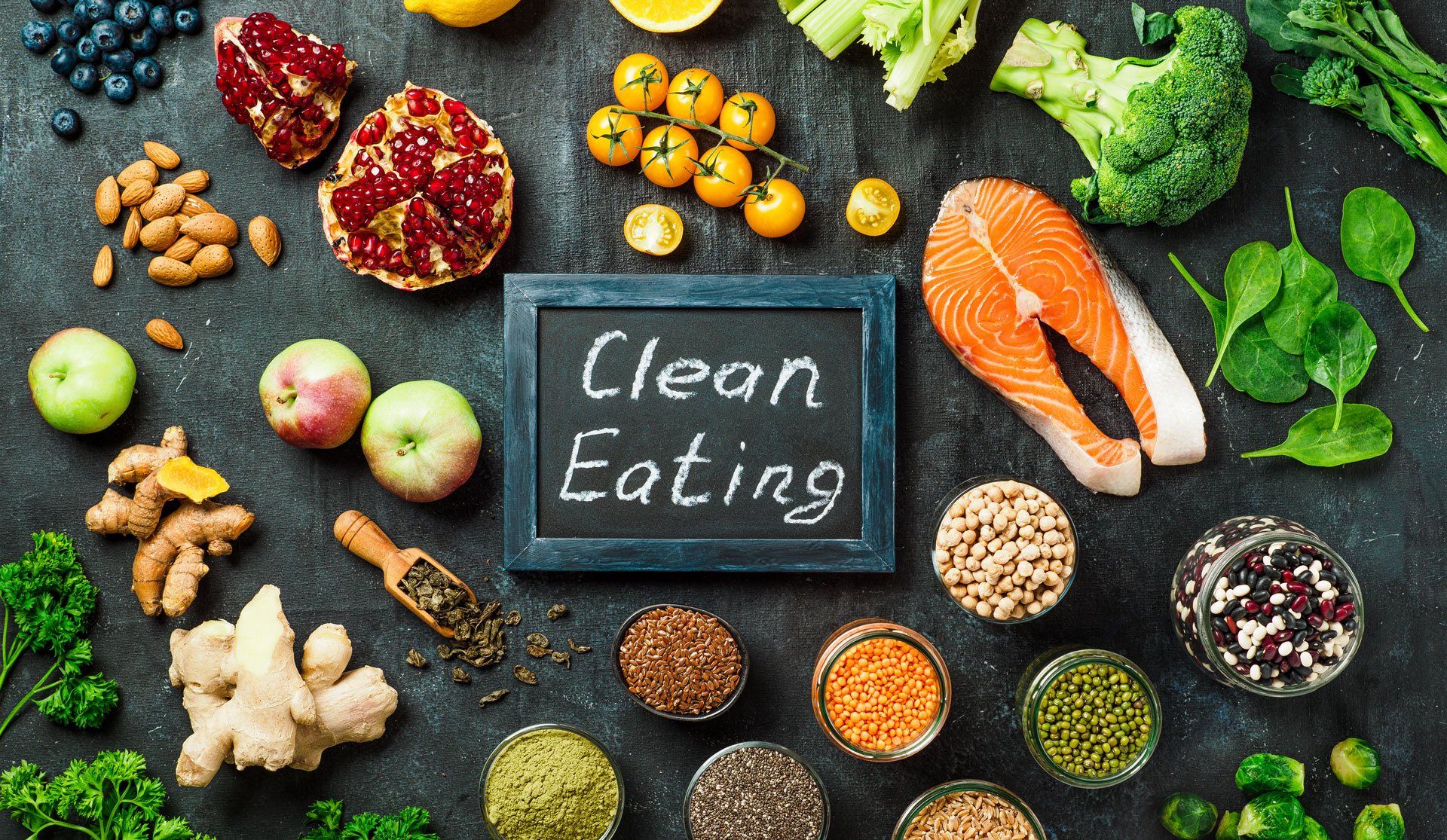
The largest organ in the human body is the skin. It regulates our temperature and protects against diseases. There are some rules and guidelines to skin care. Continue reading to learn some important facts and tips about skin care. You might be surprised to find out how much your skin is really worth. Learn more about skin care and how it can help your health. Make sure to use sunscreen every day.
Healthy living: Do's and Don'ts
Living a healthy lifestyle should be a priority! You don't have to eat too much or eat junk food. Instead, eat a variety of fresh foods and avoid processed foods. Processed foods are full of preservatives, chemicals, fats, and artificial colours. Incorporate fresh fruits, vegetables and other healthy foods into your daily routine. Vitamins and supplements are an excellent way to keep your body strong and healthy.
The largest organ is skin
Your skin is the largest organ of your body. It performs many important functions. The skin is composed of three layers. The epidermis (the outermost layer) is composed of dead cells. It is continually flaking and getting washed away. New cells are created inside by the epidermis, which is made up of cells that move up from the lower layer and then die as they go upward. The whole process takes about 28 days. To protect your skin from damaging UV rays, moisturize daily.

The skin is made up of water, protein, and fats. It regulates the body's temperature and contains nerves. It is the largest of the organs and has eleven miles worth of blood vessels. It is a vital organ and should be treated with care to ensure your health and beauty. It protects you from the sun and rain. You will see a radiant, healthy complexion if it is treated well.
It regulates temperatures
The brain is home to the hypothalamus. This is responsible in large part for temperature regulation. It balances body fluids. It maintains salt concentrations. And it controls the release chemicals that regulate temperature. The hypothalamus is responsible for maintaining the body's temperature by working with several parts of the body such as the sweat glands. Blood vessels and vents are also involved. This information is used by the hypothalamus for temperature regulation.
Animals can reduce their metabolic rate to conserve heat in extreme temperatures. Torpor is a way for animals to survive the cold and frosty nights. A feedback system which includes a modulator/effector and stimulus is essential for biological temperature regulation. The system works to maintain equilibrium between temperature, other elements of the organism and their homeostasis.

It helps to protect against disease
The term "vaccine" describes any substance that is supposed to protect against a specific disease. Most of these medications use genetically-weakened pathogens. The smallpox vaccine, for example, uses the cow skin virus to improve its genetic material. The "live attenuated", weakened virus is known. But is it a safe product? How long does it protect you from infection?
FAQ
What is the problem of BMI?
BMI stands for Body Mass Index. This is a measure of body fat that is calculated based on height or weight. This formula calculates BMI.
Weight in kilograms divided with height in meters.
The result is expressed using a number from 0 through 25. A score greater than 18.5 is considered overweight. A score greater than 23 is considered obese.
A person of 100 kg with a height of 1.75m will have 22 BMI.
Exercise: Good for immunity or not?
Exercise is good to your immune system. When you exercise, your body produces white blood cells which fight off infections. You can also eliminate toxins from the body. Exercise is a great way to prevent heart disease, cancer, and other diseases. It also reduces stress levels.
However, exercising too much can weaken your immune system. If you work out too hard, your muscles become sore. This causes inflammation and swelling. To fight infection, your body will produce more antibodies. These extra antibodies can lead to allergies or autoimmune disorders.
So, don't overdo it!
Is cold an indication of a weaker immune system?
It has been said that there are two types of people on the planet: those who love winter, and those who don't. It doesn't matter if you love it or not, it is possible to wonder why it makes you feel so miserable when it gets cold outside.
The fact is that our bodies are designed for warmth and function best. We evolved to thrive in hot environments because of the abundance of food resources.
But now we live in an environment that is very different from how our ancestors lived. We spend more time indoors than ever before, and are often exposed both to cold and heat extremes.
As a result, our bodies aren't used to such extremes anymore. When we do venture out, our bodies are unable to cope with the extremes.
However, there are some ways to reduce these effects. Staying hydrated is one way to combat this. Water is essential for your body to function properly and eliminate toxins.
A healthy diet is another important thing. The best way to maintain your body's optimal temperature is by eating nutritious food. This is especially beneficial for those who spend extended periods of time inside.
You can also meditate for a few minutes every day. Meditation is a great way to relax your body and mind. It makes it easier for you to cope with stress and illness.
Statistics
- Extra virgin olive oil may benefit heart health, as people who consume it have a lower risk for dying from heart attacks and strokes according to some evidence (57Trusted Source (healthline.com)
- WHO recommends reducing saturated fats to less than 10% of total energy intake; reducing trans-fats to less than 1% of total energy intake; and replacing both saturated fats and trans-fats to unsaturated fats. (who.int)
- WHO recommends consuming less than 5% of total energy intake for additional health benefits. (who.int)
- According to the 2020 Dietary Guidelines for Americans, a balanced diet high in fruits and vegetables, lean protein, low-fat dairy and whole grains is needed for optimal energy. (mayoclinichealthsystem.org)
External Links
How To
What does the term "vitamins" mean?
Vitamins are organic compounds found naturally in food. Vitamins allow us to absorb nutrients from food. Vitamins cannot be made by the body; they must be taken from food.
Two types of vitamins exist: water-soluble vitamin and fat-soluble vitamin. Water-soluble vitamins dissolve readily in water. Vitamin C,B1(thiamine), B2 (2riboflavin), and B3 (3niacin), as well as vitamin C,B1, B2 (riboflavin), and B3 (niacin), vitamin B6 (pyridoxine), vitamin folic acid (biotin), pantothenic, and choline are examples. Fat-soluble vitamins are stored in the liver, fatty tissue and kidneys. Examples include vitamin D, E, K, A, and beta carotene.
Vitamins are classified according their biological activity. There are eight major vitamin groups:
-
A - vital for healthy growth.
-
C is important for nerve function and energy production.
-
D - essential for healthy bones, teeth, and gums.
-
E - needed for good vision and reproduction.
-
K – Required for healthy nerves & muscles.
-
P - Essential for strong bones and teeth.
-
Q - aids digestion and absorption of iron.
-
R - Required for red blood cell production
The recommended daily allowance (RDA), for vitamins, varies depending upon age, gender, or physical condition. The U.S. Food and Drug Administration, (FDA), sets the RDA value.
For example, the RDA for vitamin A is 400 micrograms per dayfor adults 19 years or older. Pregnant mothers need 600 micrograms per days because it is vital for the development and growth of their baby. Children ages 1-8 require 900 micrograms per day. Infants below one year old require 700mg per day. But, between 9 months to 12 months, the amount drops to 500mg per day.
Children ages 1-18years who are obese need 800 micrograms per day while those who are overweight need 1000 micrograms per day and children who are underweight need 1200 micrograms per day to meet their nutritional needs.
2200 mg of vitamin A per day is required for children aged 4-8 who have been diagnosed by anemia.
Adults over 50 years of age need 2000 micrograms per day for general health. Mothers who are pregnant, nursing, or have a high nutrient need will require 3000 micrograms a day.
1500 micrograms are required daily by adults over 70 because they lose approximately 10% of their muscle each decade.
Women who have been pregnant or are lactating require more than the RDA. Pregnant women require 4000 micrograms daily during pregnancy, and 2500 micrograms every day after birth. Breastfeeding mothers need to consume 5000 micrograms every day when breastmilk has been produced.